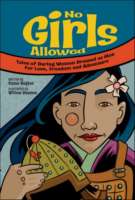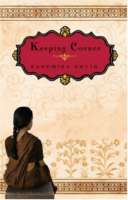
Seventeen-year-old Angelica Voglia has the voice of an angel. But in seventeenth-century Rome, the pope has forbidden women to sing in public. To make matters worse, her controlling mother is determined to marry her off to a wealthy nobleman, even though Angelica is in love with a poor French artist. Angelica’s only hope to sing before an audience—and escape a forced marriage—is to flee to Queen Christina’s court, where she will become the queen’s soprano. But she soon discovers that the palace walls are not completely secure . . . and her freedom will require even greater sacrifice than she imagined.



